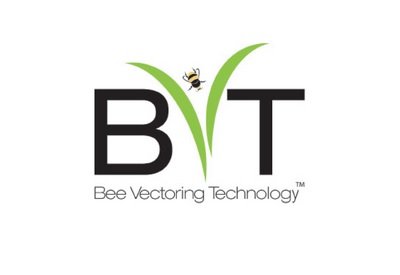Monday, 23 February 2026

Bee Vectoring Technologies International announced the results of the 2021 Rutgers R&D trial in New Jersey to assess the efficacy of BVT’s proprietary Vectorite with CR-7 (Clonostachys rosea CR-7), applied with bee vectoring technology against blueberry anthracnose (Colletotrichum acutatum), the most damaging disease pathogen in eastern highbush blueberry production.
The trial was conducted by Rutgers University’s Specialty Crop Research and Extension Center and PE Marucci Blueberry Cranberry Research & Extension Center, a leading and grower-trusted research centre in the US Northeast, during the 2021 growing season. The objective of the study was to assess the efficacy of the BVT system in controlling the development of disease, and the yield of healthy berries after harvest, both critical measures for how long picked berries remain fresh.
Trial results showed BVT’s honeybee system and bio fungicide had an 8-27 per cent reduction in the disease. The BVT system alone reduced Anthracnose infection in postharvest berries by 27 per cent compared to the control crop (no spray) and 8 per cent compared to the grower standard application. The BVT system alone had better disease control than the current grower standard.
The trial also resulted in an 11-60 per cent greater yield of healthy berries at postharvest. When the BVT system was used alone, the trial had 11 per cent more healthy berries 10 days after harvest than a standard program, and 60 per cent more than the control crop, which used no protection products. In both cases, BVT’s biological fungicide CR-7 used alone showed higher biological efficacy than the conventional (chemical) fungicide programmes.